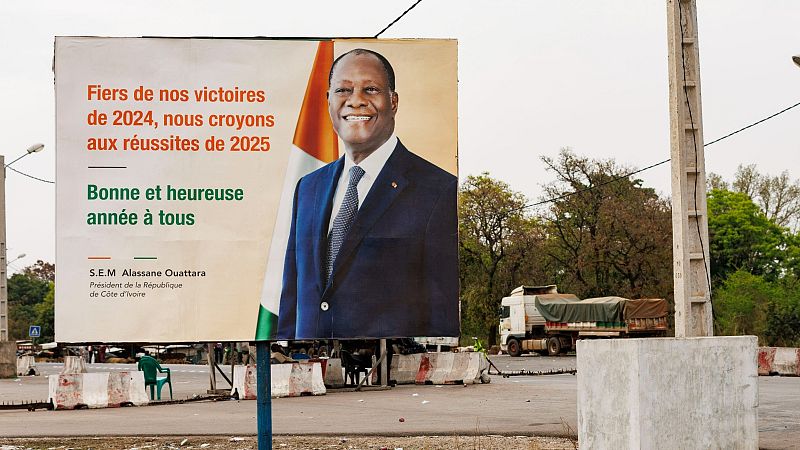Ivory Coast launches high-stakes presidential campaign amid tensions

The official campaign for Ivory Coast’s presidential election commenced on Friday, setting the stage for a tense two-week race that will determine the future leadership of a nation still grappling with the legacy of past electoral violence. Five approved candidates, including incumbent Alassane Ouattara, are now vying for votes under the shadow of controversial exclusions that threaten to overshadow the process.
The Constitutional Council has cleared five contenders for the October 25 ballot.
The race features President Alassane Ouattara of the ruling RHDP party, who launched his campaign in the economic capital, Abidjan.
He is joined by prominent opposition figures like Jean-Louis Billon of the Democratic Congress (CODE), former First Lady Simone Gbagbo, Henriette Lagou, and independent candidate Ahoua Don Mello.
Their campaigns will be closely monitored by the Independent Electoral Commission (CEI) amid calls for a peaceful process.
Stability and economic stakes
The election's outcome carries profound implications for the stability of this West African nation of 33 million people.
Ivory Coast is the world's largest cocoa producer and a growing gold exporter, making political continuity essential for economic health.
However, the country has a painful history of post-election violence, most notably the 2010-2011 crisis that killed thousands, casting a long shadow over the current campaign and raising the stakes for a peaceful transfer of power.
Controversial exclusions and rising tensions
The campaign begins under a cloud of controversy following the Constitutional Council's rejection of several high-profile candidacies, including that of former President Laurent Gbagbo and ex-Credit Suisse CEO Tidjane Thiam.
In response, parties supporting these disqualified figures have planned a demonstration for Saturday, a move that underscores the deep political fractures and sets the stage for potential unrest in the final stretch before the vote.

